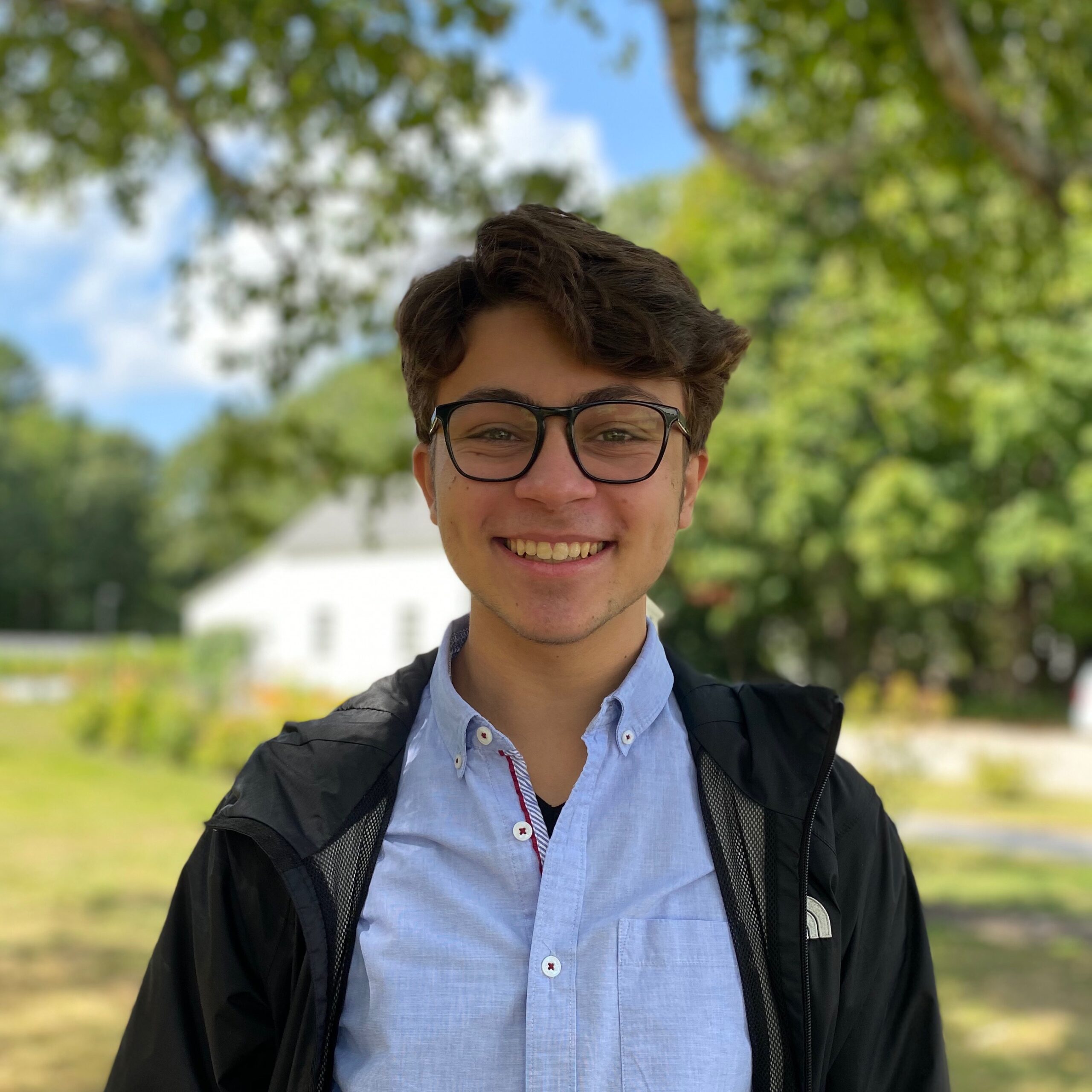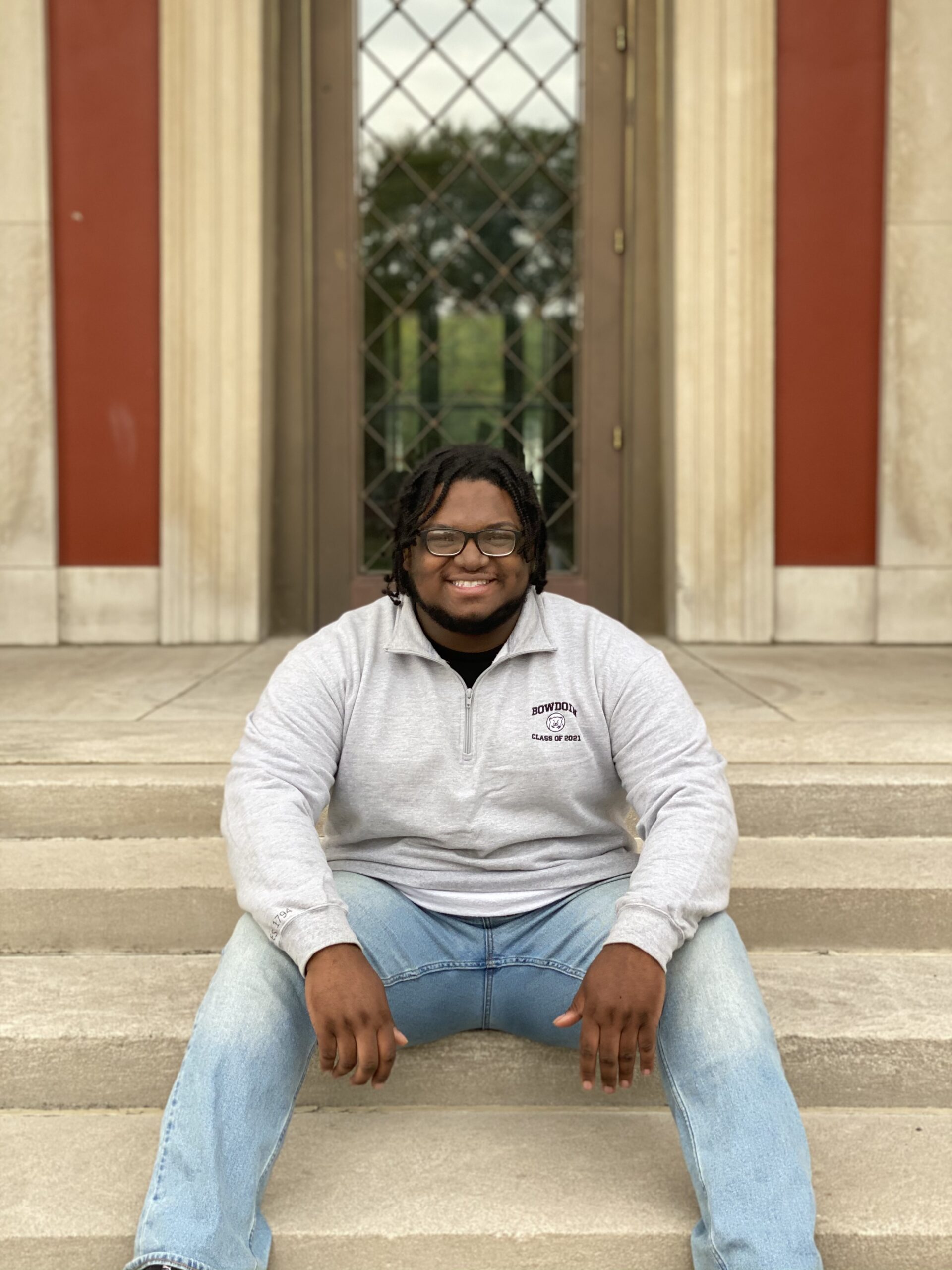Class council elections hindered by remote challenges
September 25, 2020
 Courtesy of Ebe Figueroa
Courtesy of Ebe FigueroaDuring the first few weeks of a typical school year, first years would sign candidacy forms for their new classmates, pass out campaign literature and hang dozens of campaign posters around their dorms. However, like most traditions, campaigning for class council looked a little different this year.
Phillip al Mutawaly ’24, the newly elected class of 2024 president, said he did most of his campaigning online.
“That’s really how people, I think, get their information,” al Mutawaly said in a Zoom interview with the Orient. “I know that a few of the candidates, including myself, made videos describing our campaigns.”
That was not the only change. The Bowdoin Student Government (BSG), which oversees class council elections, also made sure that the mandatory informational sessions were recorded for students who could not attend.
According to the BSG bylaws, class council candidates “must secure at least fifty signatures from their respective constituency.” However, with the majority of the senior class not on campus and with the hope of reducing points of contact for the first years on campus, the BSG changed the requirement to 25 signatures.
The BSG Executive Team spoke with Director of Student Activities Nate Hintze, Associate Dean of Student Affairs and Director of Residential Life Mike Ranen and Dean of Student Affairs Janet Lohmann in order to make that change.
Despite these accommodations, Wayne Harding ’21, the newly-elected class president, ran uncontested for his position, and no candidates ran for the roles of Class of 2021 vice president, treasurer or programming director. Additionally, only 14.4 percent of the Class of 2021 voted in the election.
 Courtesy of Wesley Hudson
Courtesy of Wesley HudsonBSG Vice President Harry Sherman ’21 wrote in an email to the Class of 2021 that there will be a secondary process to fill those roles.
Low voter turnout for senior class council elections is not unique. Last year, only 17 percent of the class of 2020 voted in their class council election, and there were no candidates running for two of the four available positions.
BSG President Marcus Williams ’21 believes that the remote learning environment, coupled with the usual busyness for seniors during the fall, resulted in low turnout.
“I think everybody is exhausted from getting a million and one emails. And I think when you get that many [emails] and are looking at a screen all day, it’s even that much harder,” Williams said. “Emails slip [and] students don’t respond to them.”
Despite measures implemented by BSG to reduce barriers for potential candidates, the timing of the election and some miscommunication led to a number of seniors who wanted to run for class council not being on the ballot. Brittney McKinley ’21, past class president, and Anam Shah ’21, past class vice president, both hoped to run for reelection and had been weighing the decision of running.
Shah and McKinley both officially expressed interest in running but had unknowingly reached out during the “campaigning” week, meaning that candidates could not be added to the ballot at that point. The two were not informed that it was campaigning week because a timeline outlining when candidates needed to submit signatures and letters of “good standing” and could begin campaigning was not available to the public and was only outlined in the informational sessions.
“None of their emails indicated that there was a deadline [for] any of these things,” Shah said.
BSG sent an email to all students on September 4 informing them of the class council election and sending out dates for two informational sessions. It was mandatory that interested students attend one of the sessions. BSG sent an email offering a third, seniors-only informational session but asked interested students who couldn’t attend the meeting to email their intent and they would send a recording.
The BSG board intended for the email offering the senior-only informational session to serve as a reminder, and because of that, they chose not to send an email after candidates had sent in their campaign materials.
When there has been a lack of interest, some BSG boards have historically chosen to send a second call email. In the spring of 2019, then-BSG Vice President Amber Rock ’19 sent a second call email after the deadline to announce candidacy had passed because there were no candidates for the class of 2021 president and the other seats only had one candidate each.
“These adaptations that could have taken place have happened in normal cases, too,” Shah said.

Comments
Before submitting a comment, please review our comment policy. Some key points from the policy: